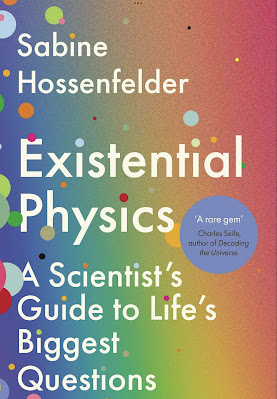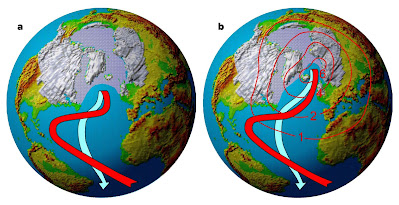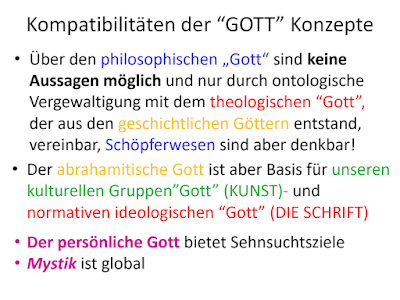After the Second World War, the motherland of democracy, the United States, successfully implanted its Values in Western Europe. Since the failed attempts to democratize Vietnam and Afghanistan, the USA is no longer keen to export Western values* to other countries.
It is not only because of its colonial past that the Global South does not follow those Western values. "You have exploited us in the past and, in many cases, still do today; why should we follow you?"
In addition to the exploitation of "their" territories, the colonial powers drew arbitrary borders that tore ethnic groups apart, which led and still leads to bloody conflicts on the African continent.
Many countries of the Global South have apparent human rights deficits. This means Western countries that are dependent on energy and raw materials imports must balance realpolitik and moral politics when dealing with those governments.
Yesterday, Red Baron learned that German foreign policy is following this course. While on his suspiciously large number of trips to countries in the Global South, Chancellor Olaf Scholz tries to establish new partnerships; he only cautiously points out human rights violations. On the other hand, our Foreign Minister, Annalena Baerbock, calls for a policy of equal rights for women. So. she criticizes countries that are often dominated by Islam. Mullahs in radical Islamic states only smile wearily at her efforts.

|
|
Last Saturday in Hamburg, about 1000 demonstrating Muslims shouted, "Overthrow the dictatorship of Values! "and asked for a caliphate as the solution. That's not how it works (©Die Zeit) |
Everyone in Germany is allowed to practice his/her religion. Frederick the Great already said that for him "sind alle Religionen [...] gleich und guth, wan nuhr die leüte, so sie professieren, ehrliche leüte seindt, und wenn Türken und Heiden kähmen und Wolten das Landt pöplieren, so wollen Wir sie Mosqeen und Kirchen baun, Fr. (all religions [...] are equal and good, if only the people who profess them are honest people, and if Turks and pagans come and populate the land, then we want to build them mosques and churches, Fr.).”

|
|
In 1015, the first mosque in Germany was built in Wünsdorf (Zossen),
20 km from Berlin. It was adjacent to a POW camp where prisoners of Islamic belief were retained (©Wikipedia). |
After the collapse of the Eastern bloc, the former West-East conflict is replaced by a multipolar world. BRICS (Brazil, Russian Federation, India, China, and South Africa) was founded as a counterweight to Western trading blocs and has more people than the USA and Europe combined. Dipesh Chakrabarty had already written earlier about Provincializing Europe.
One fact Professor Veit mentioned at the beginning of his lecture troubled me during his entire presentation: the rapid increase in Africa's population. How will the governments there feed these people? Television images from South Sudan or Yemen with malnourished children and haggard, pregnant women shock me every time. Payment options on screen following these unbearable pictures ask the capitalist West for humanitarian help.
Is the only consolation we Westerners have left the idea of being a beacon of Values in a disintegrating world?






























